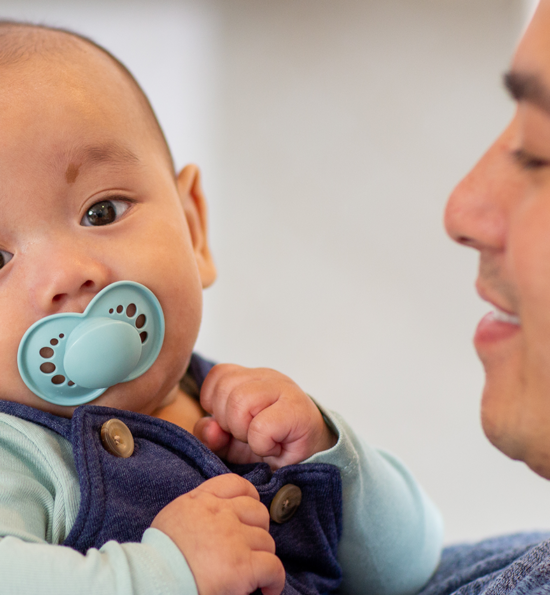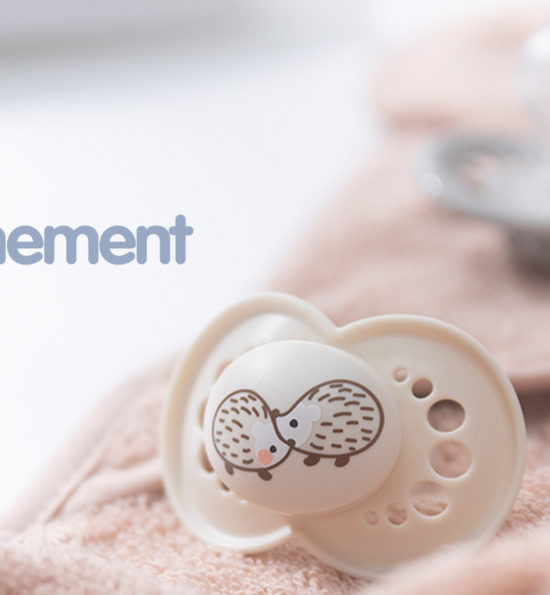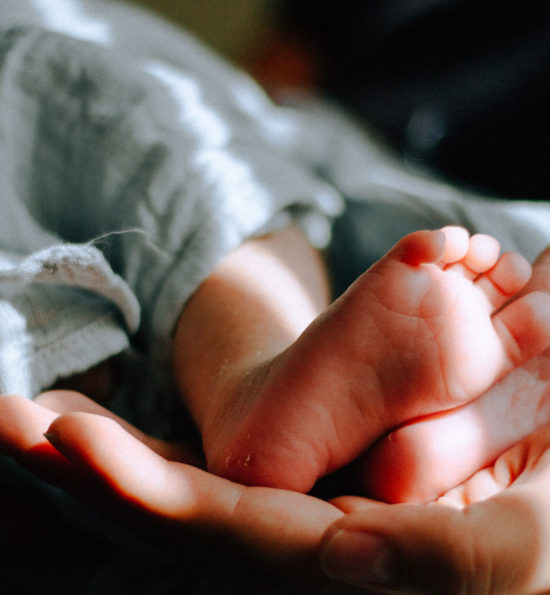The ten most common side effects of pregnancy
Pregnancy is a time when your body undergoes many different changes, which sometimes have some unpleasant side effects. These changes vary in their intensity and occurrence from woman to woman. Here we will take you through the ten most common side effects alongside solutions to help ease or overcome these issues.
Constipation
During pregnancy women experience constipation caused by progesterone which slows down the motility of the bowel. To help ease this, increase your intake of water and fibre. Avoid eating anything that is heavy or difficult to digest.
Backache
Backache is another very common problem, which almost every pregnant woman experiences. The lower back and buttocks is the portion of the body which is put under the most pressure from the increased load during pregnancy. This in turn leads to pain. If you exert yourself you will experience a greater intensity of pain. Watch how you walk, sleep and consider your sitting posture. To get some relief from your aching, back consider going for a mild massage, avoid high heels and sleep on a soft mattress with a support pillow.
Dizziness
This is another common side effect of pregnancy and usually occurs when you stand up too quickly. It happens because the blood supply is slightly reduced during pregnancy. The best solution to deal with this is to stand up slowly, avoid standing for too long and try to keep yourself cool during hot days. When sitting, try to sit with your feet elevated to aid blood circulation.
Leg cramps
Pregnant women often experience cramps in their calves, thighs and feet during pregnancy. The frequency of cramps increases during the final trimester of pregnancy and especially during the night when many women experience restless legs. Leg cramps are thought to be caused by low levels of magnesium and calcium within the body. To help, speak to your midwife or doctor to see whether a calcium or magnesium supplement could be helpful. When you do experience a cramp, massage the area with a firm hand to get some temporary relief.
Piles or Haemorrhoids
Piles are very common during pregnancy due to a slowing of gut motility and constipation, which can cause women to strain when passing stool. This weakens the blood vessels and haemorrhoids occur. The best way to prevent constipation is to drink plenty of fluids and eat plenty of fibre. If the problem doesn’t resolve, speak to your midwife or doctor who can prescribe creams to help with the discomfort.
Fluid Retention
Almost all pregnant women experience swelling in their lower limbs. The degree of this can vary from one woman to another. As your baby grows, your uterus puts pressure on the blood vessels in your pelvis. This pressure slows blood circulation and can cause blood to pool. Pressure from this trapped blood forces water down and out into the tissues. Fluid retention tends to get worse as the day goes on and is better in the morning after you’ve been lying in bed. To help this issue, avoid standing for too long, as it can cause more fluid to pool in the ankles. Also, when you sit make sure that you elevate your legs. Eat less salt, and avoid coffee and other beverages that contain caffeine.
Insomnia
Yes, this is another side effect of pregnancy. You may start suffering from this problem anytime after you conceive. There is not much that you can do about it. You might even find it difficult to sleep when you are very tired. Insomnia often gets worse over time as your baby grows; you become uncomfortable or experience backache. To compensate try relaxation techniques; ensure you sleep when you feel tired, take naps when you can, try a warm bath before bedtime and massage techniques.
Heartburn
Once again, another pregnancy side effect related to the pregnancy hormone; progesterone. Heartburn occurs because it relaxes the valve at the entrance to the stomach and as a result of this stomach acid finds it easier to flow into the oesophagus, which then causes the burning sensation. To help ease this problem, it is important to watch what you are eating. Avoid spicy foods and other foods, which are acidic in nature. If the problem becomes really uncomfortable then speak to your midwife or doctor about prescribing an antacid.
Morning Sickness
One of the most common side effects of pregnancy; morning sickness can range from milk nausea to regular vomiting. To complicate the situation further, it can often happen at any time of the day and not just in the morning. It is more common in the first trimester and fades away in the second trimester. To help ease the sickness, drink lots of fluid and eat frequent small meals. Try and nibble on a digestive biscuit or dry toast on waking in the morning. Keep away from smells that turn your stomach and drink ginger tea.
Sore Breasts
Heaviness, soreness or tingling in the breasts is some of the side effects that many women experience throughout pregnancy. Often increasing as the pregnancy progresses and the breasts prepare for feeding. Multivitamins and Vitamin B6 are thought to help to reduce tenderness in the breasts. You may also find a warm facecloth and the warmth of the water from the shower to help.














